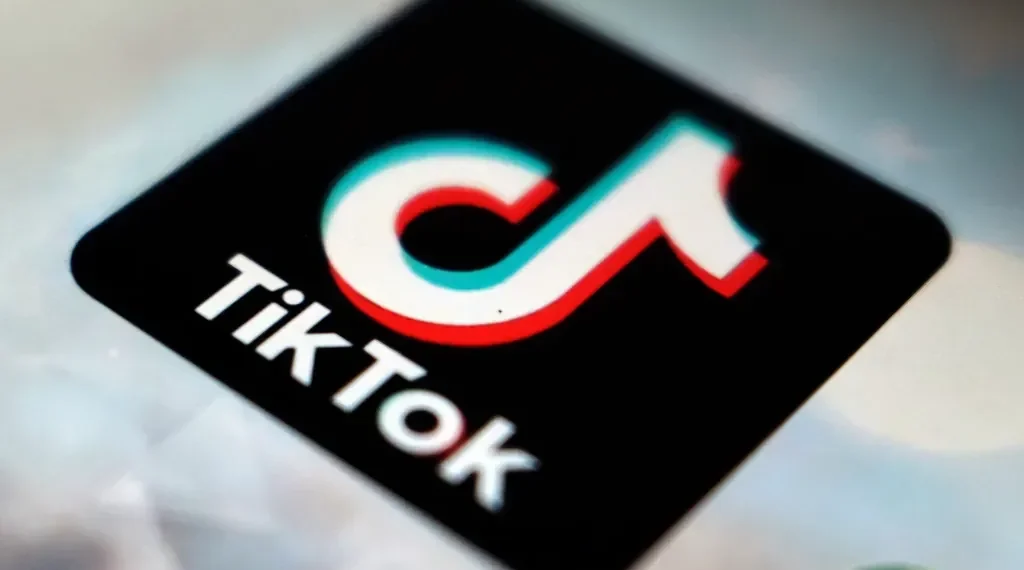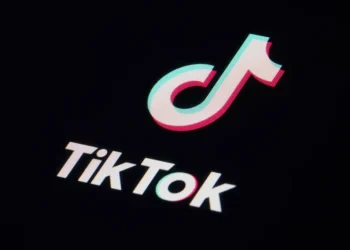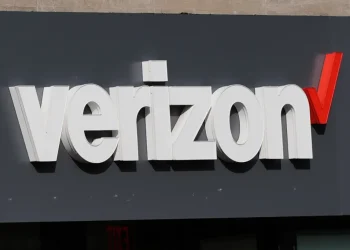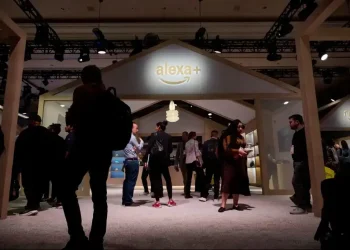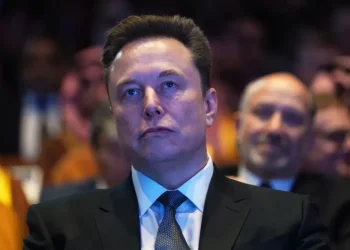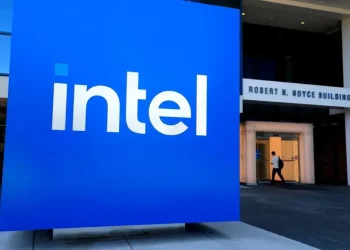Meta and TikTok Face EU Scrutiny for Failing Transparency Obligations Under Digital Services Act
The European Union has accused Meta and TikTok of breaching key transparency rules under the Digital Services Act (DSA), a sweeping online safety law aimed at regulating tech platforms and ensuring accountability. The findings could expose both companies to multi-billion-dollar fines as Brussels intensifies its regulatory oversight of digital platforms.
Background on the Investigation
The European Commission announced Friday that its investigation found Meta Platforms, which operates Facebook and Instagram, and the short-video app TikTok, owned by China’s ByteDance, failed to comply with transparency obligations required under the DSA.
The DSA, which took effect in 2024, imposes strict requirements on major online platforms to protect users from illegal or harmful content, enhance data accessibility for researchers, and limit advertising targeted at minors.
EU officials said the inquiry revealed that both Meta and TikTok made it difficult for researchers to access public data — a central element of the DSA’s transparency provisions. The Commission also found that Meta’s Facebook and Instagram platforms did not provide users with effective tools to report illegal content or challenge content moderation decisions.
Findings of the European Commission
In a detailed statement, the Commission said Meta and TikTok breached several obligations designed to enhance user safety and accountability.
Investigators determined that Meta’s platforms used “dark patterns,” or deceptive interface designs, that made it confusing for users to report harmful material, such as child sexual abuse or terrorist content. The Commission described these practices as “confusing and dissuading,” noting that they “may therefore be ineffective.”
Allowing researchers access to platform data, the EU added, is a key component of transparency. “It provides public scrutiny into the potential impact of platforms on our physical and mental health,” the Commission said.
Henna Virkunnen, the European Commission’s executive vice president for tech sovereignty, security, and democracy, said the findings reaffirm the EU’s commitment to accountability. “Our democracies depend on trust. That means platforms must empower users, respect their rights, and open their systems to scrutiny,” Virkunnen said in a post on X. “The DSA makes this a duty, not a choice.”
Response from Meta and TikTok
Meta spokesperson Ben Walters said the company “respectfully disagrees” with the Commission’s findings but remains in talks with EU regulators to ensure full compliance.
“We have introduced changes to our content reporting options, appeals process, and data access tools since the DSA came into force,” Walters said. “We are confident that these solutions match what is required under EU law.”
TikTok also acknowledged the findings and said it would review the Commission’s conclusions carefully. However, TikTok spokesperson Paolo Ganino noted a conflict between the DSA and Europe’s stringent privacy law, the General Data Protection Regulation (GDPR).
“If it is not possible to fully comply with both, we urge regulators to provide clarity on how these obligations should be reconciled,” Ganino said.
Potential Penalties and Next Steps
Under the Digital Services Act, companies found in violation can face fines of up to 6% of their annual global turnover — potentially amounting to billions of euros for Meta and TikTok.
Both firms have been given an opportunity to respond before any final decisions or penalties are issued. The European Commission emphasized that enforcement under the DSA is an ongoing process, with compliance monitoring continuing across all major tech platforms operating in the bloc.
If confirmed, the findings would mark one of the strongest enforcement actions yet under the DSA, signaling that Brussels is willing to use its full regulatory authority to hold global tech companies accountable for user protection and transparency obligations.
The Broader Digital Landscape
The DSA represents a cornerstone of the EU’s broader digital governance framework, designed to make online environments safer and more transparent. It builds on years of debate over how to curb the spread of misinformation, hate speech, and illegal commerce on global platforms.
Meta and TikTok are among several major technology companies, including X (formerly Twitter) and Google, that have come under EU scrutiny since the DSA came into force. Earlier in 2024, regulators also launched separate investigations into the role of algorithms in amplifying harmful content and the potential impact of social media on young users’ mental health.
Experts say the EU’s enforcement of the DSA could set a precedent for other jurisdictions, including the United States and the United Kingdom, as governments worldwide grapple with the growing influence of large technology platforms.
Global Implications
Analysts note that the EU’s actions underscore Europe’s leadership in setting global digital standards. The bloc has already shaped international norms with the introduction of the GDPR in 2018, which became a model for data privacy laws around the world.
If penalties are enforced, the ruling could strengthen the EU’s position as a global regulator of the digital economy, potentially compelling other regions to adopt similar measures to enhance transparency and accountability among tech giants.
As the cases against Meta and TikTok progress, industry observers will be watching closely to see whether these companies alter their data policies, moderation systems, or platform designs to meet the EU’s strict standards.
Conclusion
The European Union’s findings mark a significant escalation in its efforts to regulate major technology companies under the Digital Services Act. For Meta and TikTok, the outcome of these investigations could shape how global platforms balance user privacy, data transparency, and compliance with emerging digital regulations.
The EU’s determination to enforce the DSA underscores a growing global consensus: technology giants must operate transparently and responsibly in the public interest.
This article was rewritten by JournosNews.com based on verified reporting from trusted sources. The content has been independently reviewed, fact-checked, and edited for accuracy, neutrality, tone, and global readability in accordance with Google News and AdSense standards.
All opinions, quotes, or statements from contributors, experts, or sourced organizations do not necessarily reflect the views of JournosNews.com. JournosNews.com maintains full editorial independence from any external funders, sponsors, or organizations.
Stay informed with JournosNews.com — your trusted source for verified global reporting and in-depth analysis. Follow us on Google News, BlueSky, and X for real-time updates.
